Indian Women Take Reins In Birthplace Of Modern Polo
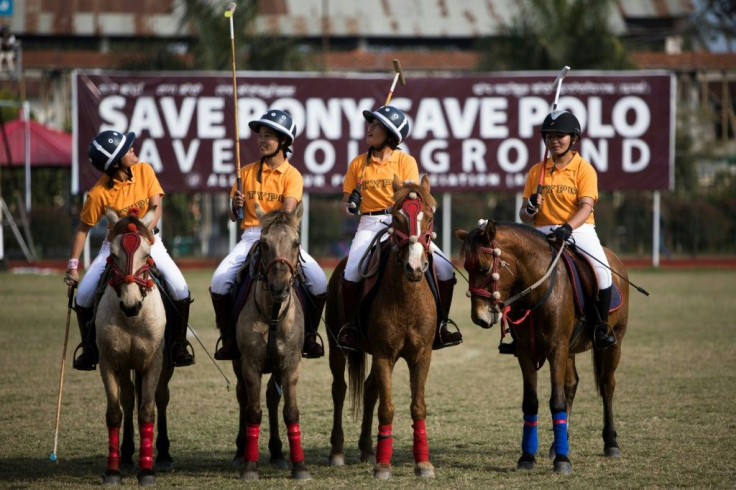
Laishram Thadoi's face is a picture of concentration as she adjusts her helmet and prepares to play in Manipur, the remote Indian state regarded as the birthplace of modern polo.
The 35-year-old, who is soon wielding her mallet and riding a pony at a full gallop, is among a group of women players challenging the rural region's all-male traditions in the sport.
"If men can play polo why can't we do it too?" Thadoi, a member of the Linthoingambi Kangjei Lup Polo Club, told AFP.
"We want female junior players to think like this... We tell them 'Don't be scared, you will also play like us'."
Manipur, in the foothills of the Himalayas, has produced some of India's top athletes including champion boxer Mary Kom.
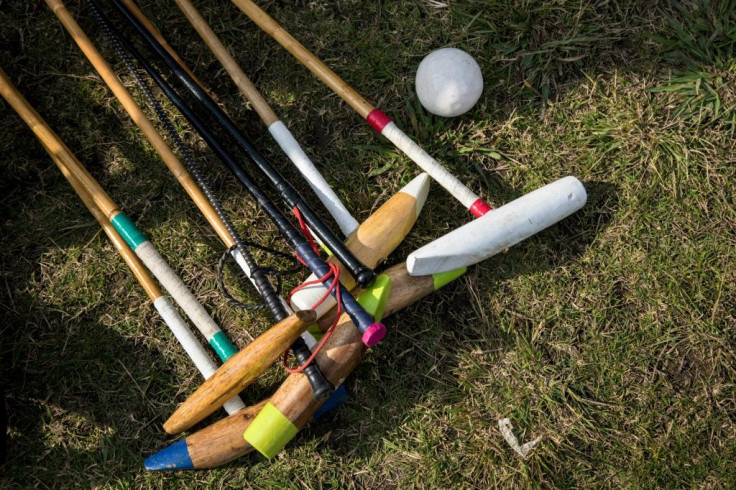
Even so, polo -- which resembles horseback field hockey, and whose Manipuri version, "Sagol Kangjei", is played with riders on indigenous ponies -- is usually viewed as a male-only sport in the state.
"It was a men's game. It was a martial arts form, it was warrior-like," Manipur Horse Riding and Polo Association president Hawaibam Deleep Singh told AFP.
"It was very brutal and rough -- like practising for a real war."
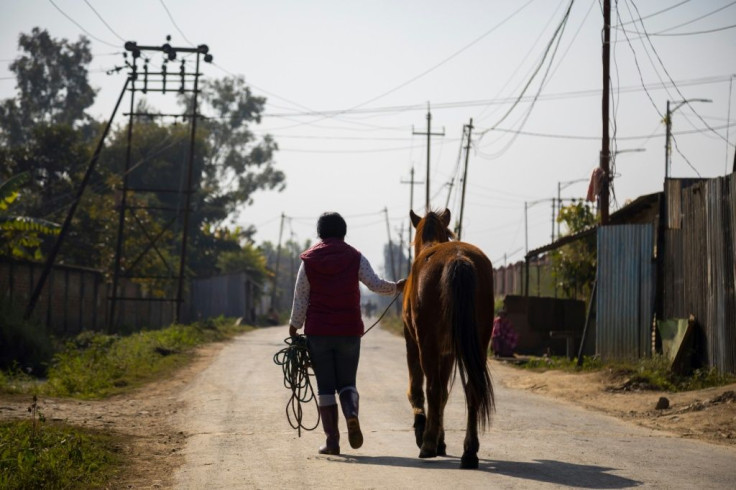
The game dates back centuries in Manipur, where it first came to the attention of British colonialists who formalised it as polo and spread it around the world.
But by the late 1980s, few men were playing it in insurgency-wracked Manipur and the ponies -- sacred in the state, and central to its culture and identity -- were dwindling in numbers as their habitat shrank due to urban development.
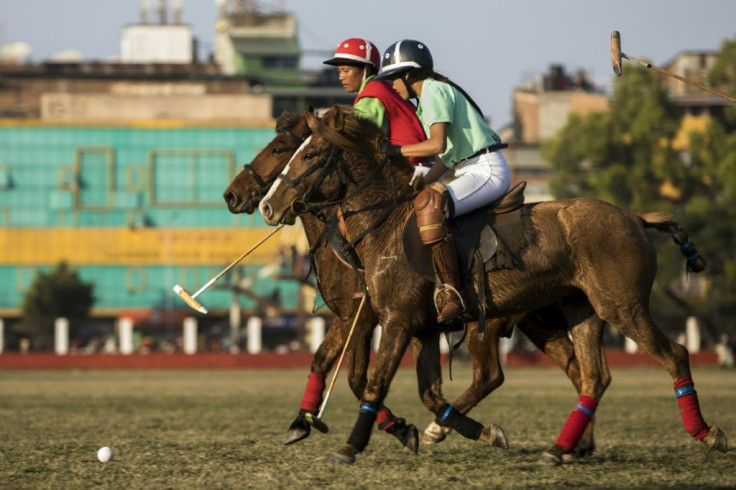
Fearing their beloved sport and ponies would die out, Singh and others banded together to revive the game by attracting new players.
"The natural extension... was to start with women," Singh said.
"We are working to promote women's polo and the government of Manipur now sponsors a women's polo tournament every year."
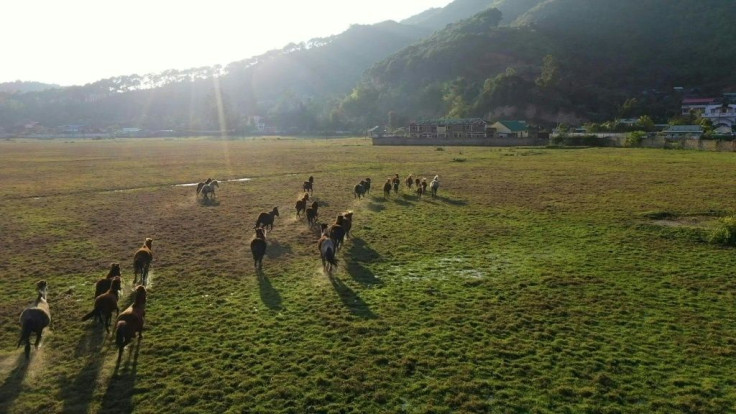
The involvement of female players was intertwined with the survival of the ponies, which experts feared were on the brink of extinction.
The ponies were once worth next to nothing but as more women started playing, demand rose and their value increased.
Singh said some of the women have also become experts at caring for the animals, and rescue them from accidents like falling into construction pits and drains.
"Sometimes when we can't save them they die. It's very sad, we cry," said Khundongbam Habe, who with her sister cares for more than 40 ponies.
"You wouldn't believe how much we love the ponies. We live with them from morning till night every day and they are like a part of us.
"We have this deep connection with them."
Polo is a rich man's game in other parts of the world but in Manipur, it is integral to regional traditions and is embraced by all levels of society.
The women's involvement flies in the face of the usual expectations in Manipur that they should primarily be caregivers.
Thadoi is a mother of two and works as a PE teacher in the state's sports department, as do the Khundongbam sisters.
Teammate Okram Ashalucky, 23, who is an accountant, said her father initially did not want her to pick up the sport, fearing she would get hurt.
"But still we are working hard and playing with courage and belief that we will play better than men," she said.
© Copyright AFP {{Year}}. All rights reserved.





















